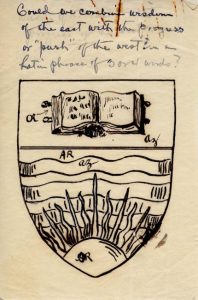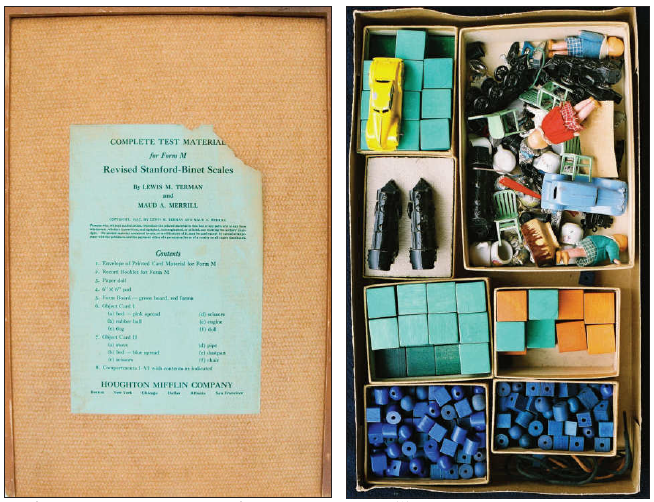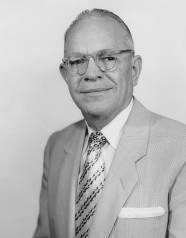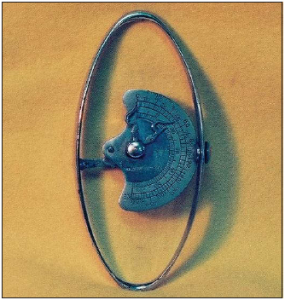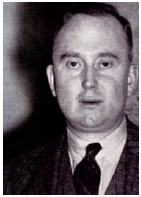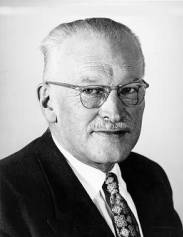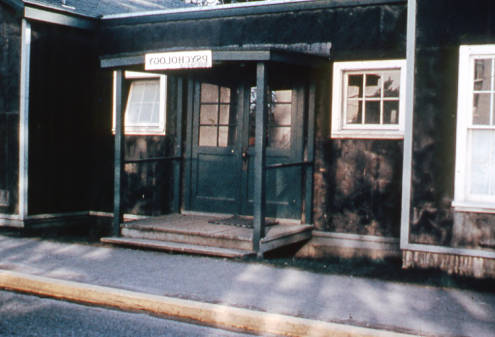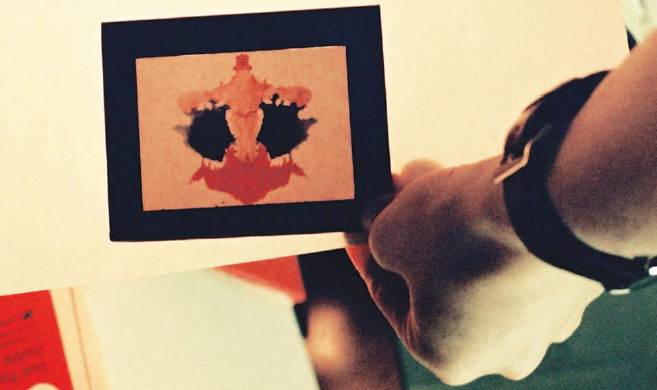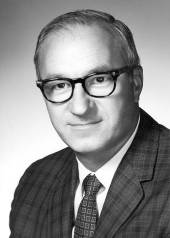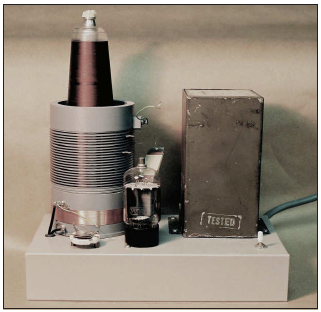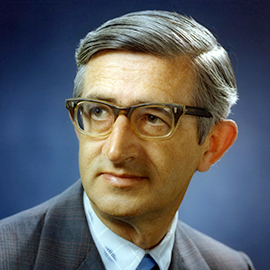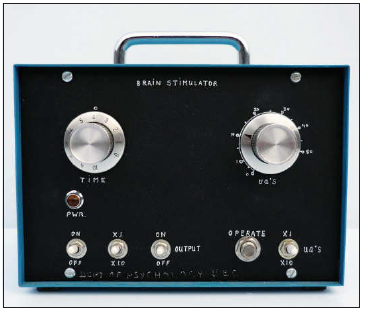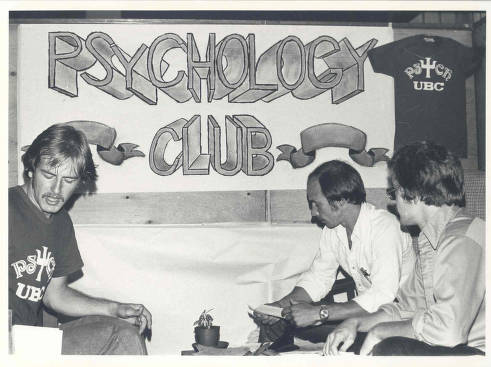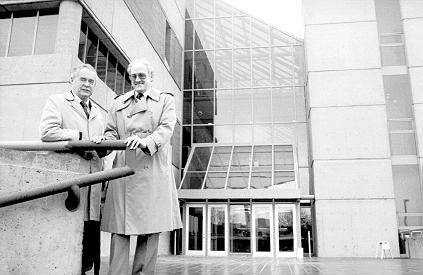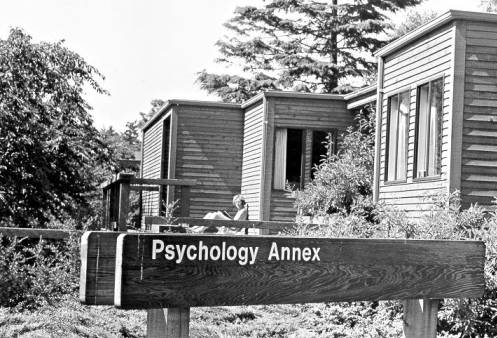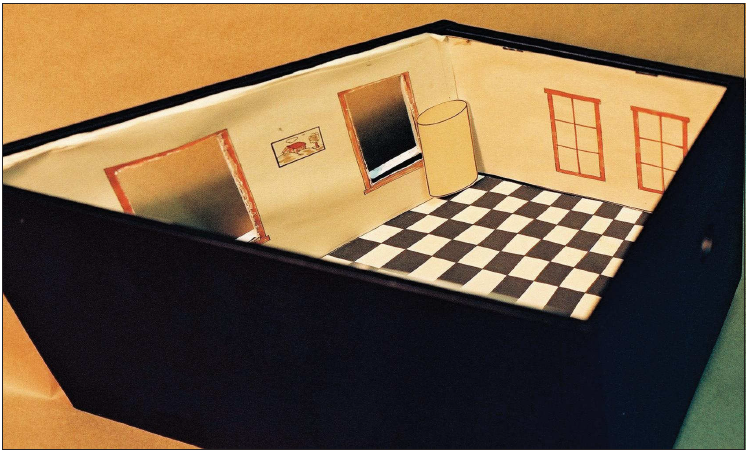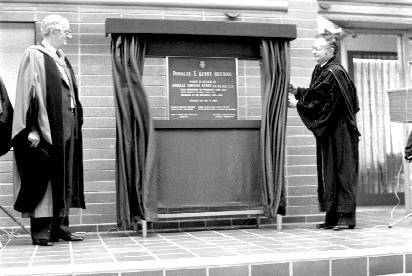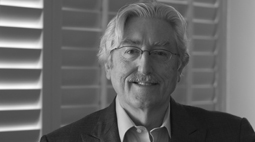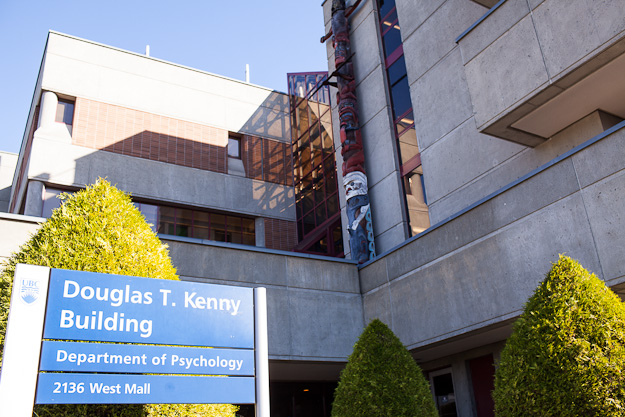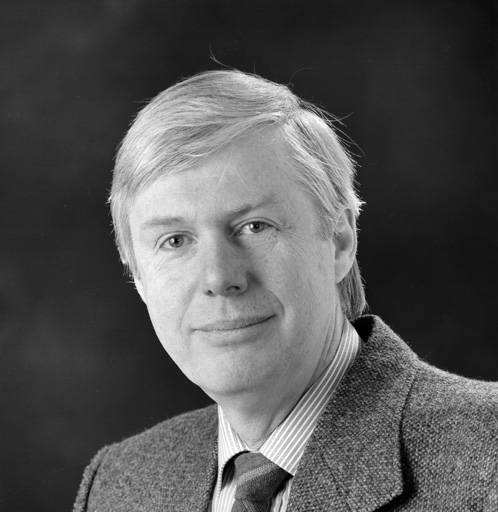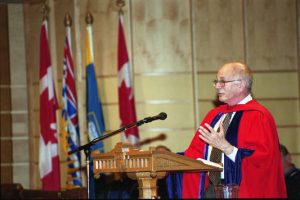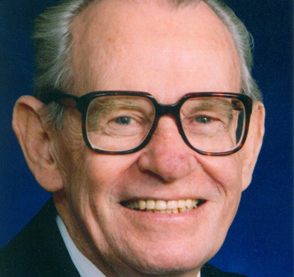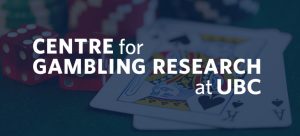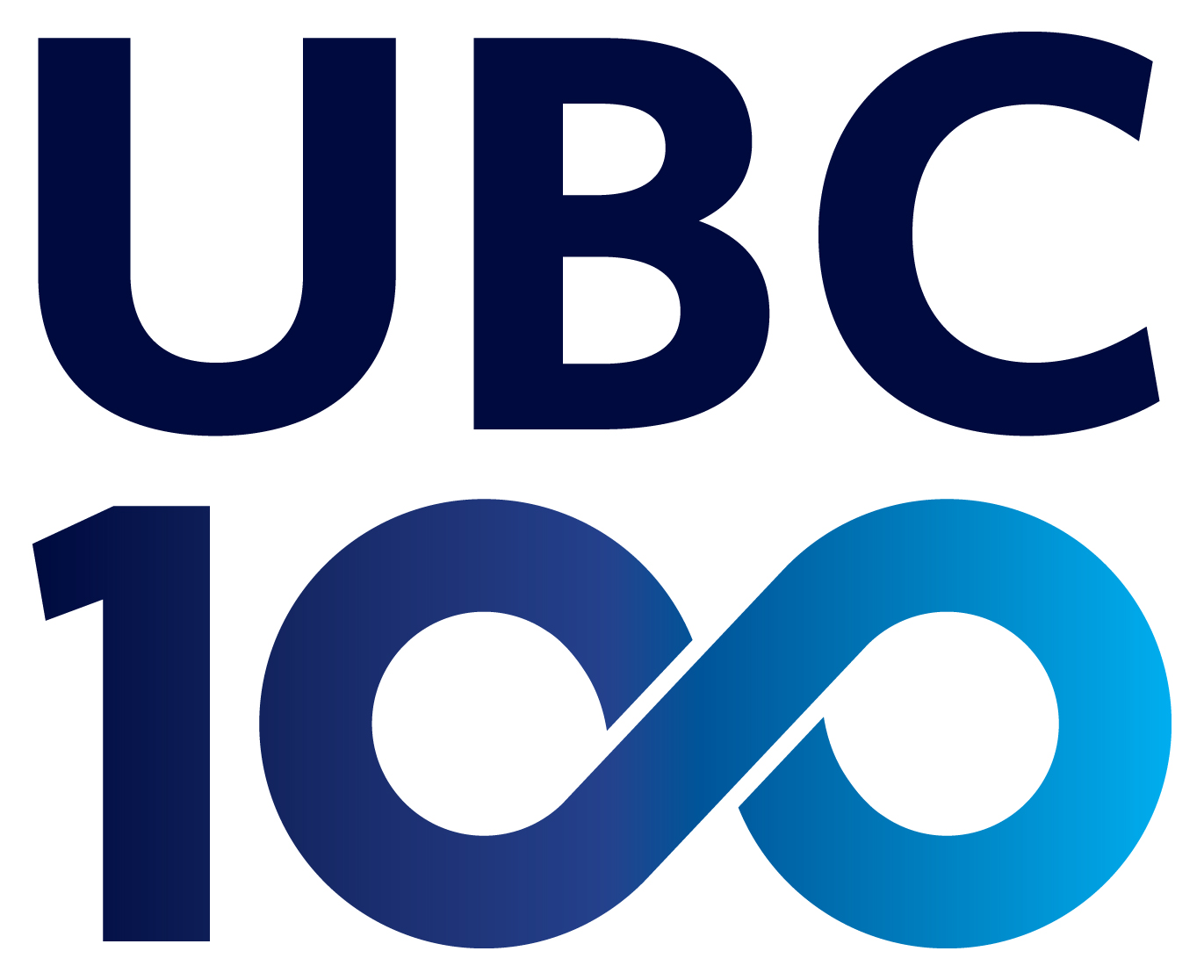The Department of Psychology at the University of British Columbia–Vancouver campus (psych.ubc.ca) invites applications at the full or senior associate professor level, for a Tier 1 Canada Research Chair position in Language Sciences which will begin July 1, 2019, or as soon as possible thereafter.
We are seeking applicants with international research reputations who are committed to interdisciplinary research in the language sciences, and who would welcome the opportunity to assume a leadership role in the university wide Language Sciences initiative (languagesciences.ubc.ca). We are looking for outstanding candidates in any area of psychology that encompasses language sciences, but preference will be given to those candidates who take a developmental approach. Possible research areas include, but are not limited to, language development, speech processing, the neurobiology of language, the genetics of language, computational approaches to language processing, bilingualism, etc. Applicants should have research interests that complement existing strengths in the department (psych.ubc.ca/people). The successful candidate will be expected to maintain a program of scholarly research that leads to publication; conduct effective undergraduate and graduate teaching and research supervision; and contribute to departmental service. This individual will also serve as a co-director of the UBC Language Sciences Initiative.
The Canada Research Chairs Program supports outstanding researchers in areas that will further the institution’s strategic research plan. All Chair nominations are subject to review and final approval by the CRC Secretariat. To meet the criteria of the CRC program, Tier I nominees must: be outstanding and innovative world-class researchers whose accomplishments have made a major impact in their fields; be recognized internationally as leaders in their fields; have superior records of attracting and supervising graduate students and postdoctoral fellows (taking into account different practices in the relevant field or discipline); propose an original, innovative research program of the highest quality; and, as chair holders, be expected to attract, develop and retain excellent trainees, students and future researchers. Nominees for Tier I positions must be full professors (or associate professors who are expected to be promoted to the full professor level within one or two years of the nomination). Please consult the Canada Research Chairs website for full program information, including further details on eligibility criteria: www.chairs-chaires.gc.ca and http://www.chairs-chaires.gc.ca/program-programme/nomination-mise_en_candidature-eng.aspx.
The UBC Department of Psychology is an outstanding department with numerous research and teaching strengths. It is located in the Faculty of Arts, which includes many departments regarded as leaders in Canada. Psychology at UBC is ranked in the top 10 Psychology Departments in the world. For information about the Department, visit: https://psych.ubc.ca .
UBC-Vancouver’s Point Grey Campus is located on the traditional, ancestral and unceded territories of the Musqueam people, with whom UBC shares a framework Memorandum of Affiliation. For information relating to Aboriginal initiatives that are available at UBC, visit the UBC Vancouver Aboriginal portal at: http://aboriginal.ubc.ca/.
Applications are to be submitted online through the UBC Faculty Careers website at: www.facultycareers.ubc.ca/33064. Applicants should upload by the deadline the following documents in the order listed: cover letter, CV, research statement, teaching statement, evidence of teaching effectiveness, statement of leadership accomplishments, 3 publications, and a statement identifying their contributions, or potential contributions, to diversity, along with their ability to work with a culturally diverse student body. In their research statement, we encourage applicants to discuss their past and/or planned research approach in the context of ongoing discussion in the sciences about research practices, replicability, and open science. In addition, applicants should arrange to have at least three confidential letters of recommendation submitted via email to ubcpsycjobs@psych.ubc.ca.
Review of applications will begin on April 15, 2019. Applications received by that date are assured of full review, though applications will be accepted until the position is filled.
The position is subject to final budgetary approval. Salary will be commensurate with qualifications and experience. The successful applicant will first be appointed at the appropriate level (Full or Associate Professor) and will then work with us on the application for the Canada Research Chair.
In assessing applications, UBC recognizes the legitimate impact that leaves (e.g., maternity leave, leave due to illness) can have on a candidate’s record of research achievement. These leaves will be taken into careful consideration during the assessment process. We encourage individuals from all four groups designated by the CRC program (women, persons with disabilities, Indigenous peoples and members of visible minorities) to apply. For contact information regarding UBC’s accommodation and access policies and resources (for faculty and staff as well as students), please visit the Centre for Accessibility: https://students.ubc.ca/about-student-services/centre-for-accessibility.
Equity and diversity are essential to academic excellence. An open and diverse community fosters the inclusion of voices that have been underrepresented or discouraged. We encourage applications from members of groups that have been marginalized on any grounds enumerated under the B.C. Human Rights Code, including sex, sexual orientation, gender identity or expression, racialization, disability, political belief, religion, marital or family status, age, and/or status as a First Nation, Métis, Inuit, or Indigenous person. All qualified candidates are encouraged to apply; however, Canadians and permanent residents will be given priority.

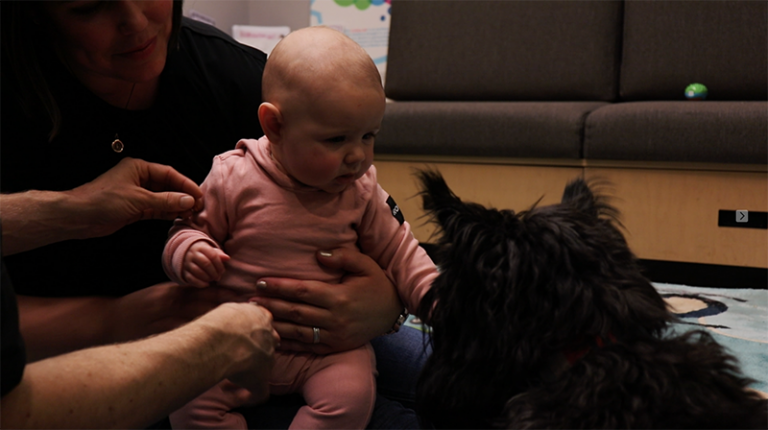

 “Our future builds on our past,” says Dr. Geoff Hall, Professor and Head, Department of Psychology. “We’ve grown from a department of humble beginnings into one that is conducting cutting-edge research across the spectrum of psychology. Our research has local and global impact and we continue to engage in interdisciplinary collaborations, both at UBC and beyond. At the same time, we continue to provide a rich learning experience for our undergraduate and graduate students.
“Our future builds on our past,” says Dr. Geoff Hall, Professor and Head, Department of Psychology. “We’ve grown from a department of humble beginnings into one that is conducting cutting-edge research across the spectrum of psychology. Our research has local and global impact and we continue to engage in interdisciplinary collaborations, both at UBC and beyond. At the same time, we continue to provide a rich learning experience for our undergraduate and graduate students. UBC Psychology Professor Eric Eich, former department head and co-editor of the book UBC Psychology at 50, can speak to the rich history and contributions of the department. “The groundwork, resolve, and dedication of the members of our department have made it what it is today, one the leading psychology departments in Canada and in the world,” says Dr. Eich. “By emphasizing excellence and encouraging collegiality, we are a department that that continues to thrive on account of its people – our talented students, faculty and staff.”
UBC Psychology Professor Eric Eich, former department head and co-editor of the book UBC Psychology at 50, can speak to the rich history and contributions of the department. “The groundwork, resolve, and dedication of the members of our department have made it what it is today, one the leading psychology departments in Canada and in the world,” says Dr. Eich. “By emphasizing excellence and encouraging collegiality, we are a department that that continues to thrive on account of its people – our talented students, faculty and staff.”